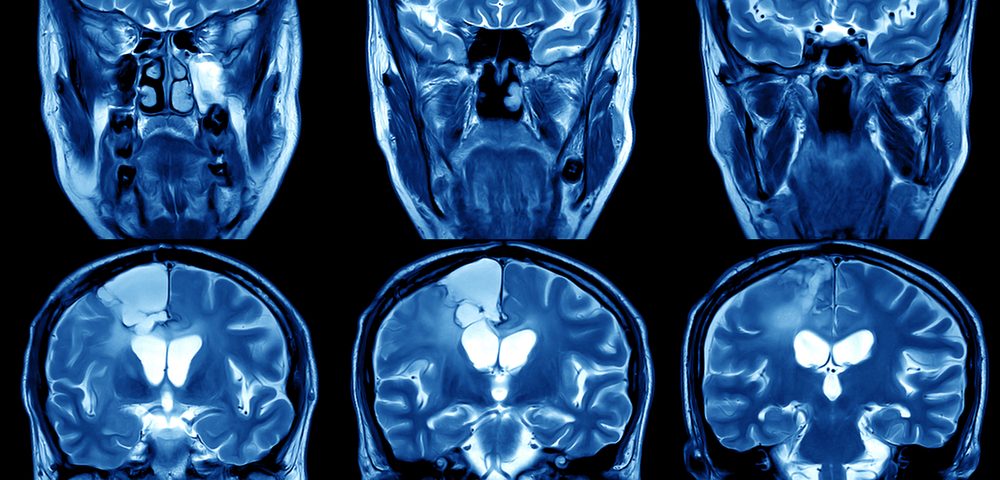Stimulation of the endocannabinoid system — a natural regulator in the brain that modulates the release of agents that excite or inhibit central nervous system activity — prompts beneficial changes in brain activity and lesions associated with epilepsy in guinea pigs, a new study shows.
The study, “Endocannabinoid-dependent protection against kainic acid-induced long-term alteration of brain oscillations in guinea pigs,” was published in the journal Brain Research.
Epilepsy is characterized by recurrent convulsive seizures that can affect different parts of the brain. Based on regional specificity, various types of epilepsy have been characterized. In particular, temporal lobe epilepsy is diagnosed if the pathology occurs in the temporal lobe of the brain. Besides changes in brain activity, epilepsy leads to pathological alterations, including neuronal loss.
No current medications are effective in the treatment of temporal lobe epilepsy, and the therapies that are available may induce adverse effects, such as disruption of concentration, memory or clarity of thought. Moreover, about one third of patients are drug-resistant. In cases of severe temporal epilepsy, patients with drug resistance have to undergo surgical removal of the hippocampus, a key area in learning and memory. Its removal leads to the patient’s inability to form new memories.
Cannabinoids are chemical compounds found in cannabis, which have synthetic analogs. The endocannabinoid system regulates the immune system in addition to its role as a natural regulator in the brain.
The researchers used guinea pigs to model temporal lobe epilepsy by injecting a neurotoxin (a substance that is poisonous or disruptive to the normal function of nerve cells) that induces a seizure state called status epilepticus and elicits pathological lesions. Drugs that activate the endocannabinoid system were injected before, during and after epileptic insult. The scientists evaluated brain activity and cell numbers in several regions of the temporal lobe.
“We have shown that status epilepticus and subsequent epileptogenesis in test animals exposed to the neurotoxin can be substantially alleviated or suppressed by injecting them with drugs that activate the endocannabinoid system of the brain,” Valentina Kitchigina, PhD, the study’s lead author, said in a press release. Kitchigina also is head of the Laboratory of Systemic Organization of Neurons at the Institute of Theoretical and Experimental Biophysics of the Russian Academy of Sciences.
The results revealed that the administration of drugs activating the endocannabinoid system promotes normalization of brain activity, particularly in the hippocampus. Moreover, neuronal loss and reorganization of the connections between neurons were prevented.
“The study of hippocampal tissue yielded impressive results,” Kitchigina added. “It turned out that administration of drugs inducing endocannabinoid system activation almost completely prevented damage to the hippocampus.”
Taken together, these results suggest that stimulation of the endocannabinoid system could be the basis for the development of new therapies for epilepsy. This approach also could be used to treat other brain pathologies caused by neurotoxic injury.



I would like some information on CBD for adults with temporal lobe epilepsy